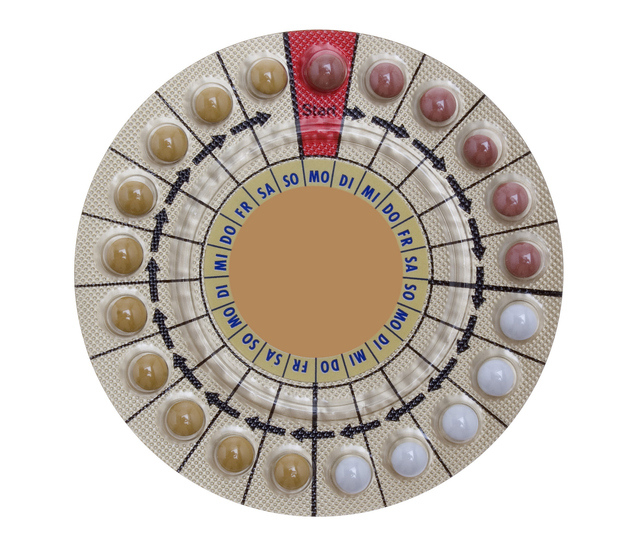Clinician
Blog articles for clinicians and other medical professionals.
Noncontraceptive Benefits of Hormonal Contraceptives
April 30th, 2025

Although hormonal contraceptives are widely recognized for their role in preventing pregnancy, emerging evidence underscores their extensive noncontraceptive health benefits. These advantages span across multiple medical conditions, significantly enhancing the quality of life for individuals beyond reproductive control.
Hormonal contraceptives can dramatically reduce or eliminate symptoms related to the reproductive cycle. Notably, injectable contraceptives, such as Depo-Provera, have shown significant utility in reducing sickle cell crises, lowering their frequency by 70% in users. Oral contraceptives have demonstrated efficacy in reducing joint pain in patients with rheumatoid arthritis, offering therapeutic value alongside contraceptive benefits.
For individuals with uterine anomalies like uterus didelphys — a condition involving two separate uterine cavities — standard guidelines often discourage intrauterine device (IUD) use. However, recent research suggests that two hormonal IUDs can be effectively and safely placed, one in each uterine cavity, significantly reducing menstrual bleeding and associated anemia risks. In a case report, the use of the smaller Skyla IUD provided relief without complications.
Another surprising benefit involves the management of gastroesophageal reflux disease (GERD). A large-scale study found that Nexplanon, a progesterone-based implant, reduced the risk of GERD by up to 45% in premenopausal women, a protective effect not shared by combined oral contraceptives, which were associated with increased GERD risk. This suggests Nexplanon as a favorable choice for patients with concurrent contraceptive and gastrointestinal needs.
Hormonal contraceptives also play a key role in mood regulation, particularly for individuals suffering from premenstrual dysphoric disorder (PMDD). Suppression of ovulation through hormonal methods — such as the implant, contraceptive patch, and combined hormonal pills — can stabilize hormonal fluctuations and mitigate mood swings. While IUDs are less effective for mood-related symptoms, estrogen-containing contraceptives are preferred.
Acne is another condition responsive to hormonal contraception. Estrogen-containing contraceptives, especially those with anti-androgenic progestins like drospirenone, are effective in managing acne caused by androgen activity. Products such as Yaz, approved by the Food and Drug Administration for both acne and PMDD, exemplify this dual benefit. Vaginal rings like NuvaRing and Annovera also offer acne-combating effects, although insurance coverage may be a limiting factor for newer products.
In conclusion, hormonal contraceptives serve as a powerful tool in managing a wide array of noncontraceptive health issues, including sickle cell disease, rheumatoid arthritis, uterine anomalies, GERD, PMDD, and acne. These benefits reinforce the broader clinical value of contraceptives and highlight the importance of individualized patient care when selecting a method.
For a more thorough look at noncontraceptive benefits of various contraceptives, click here.